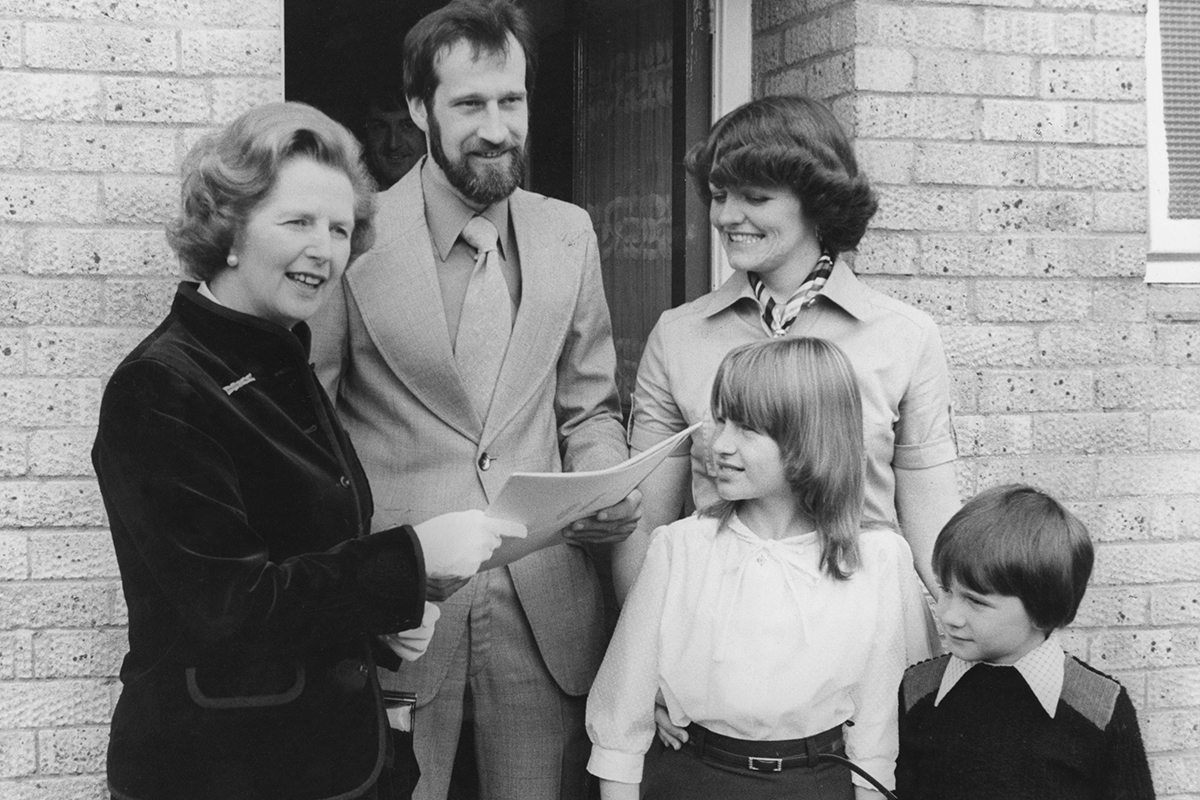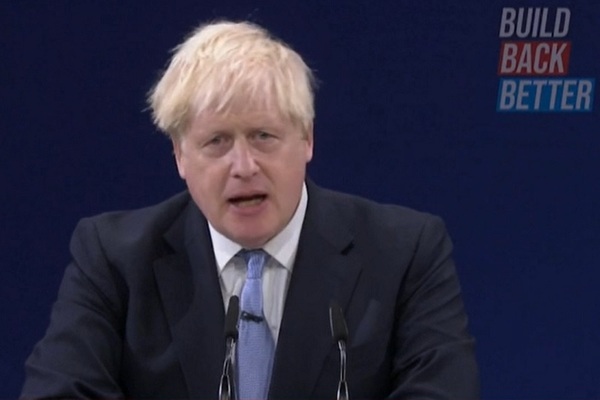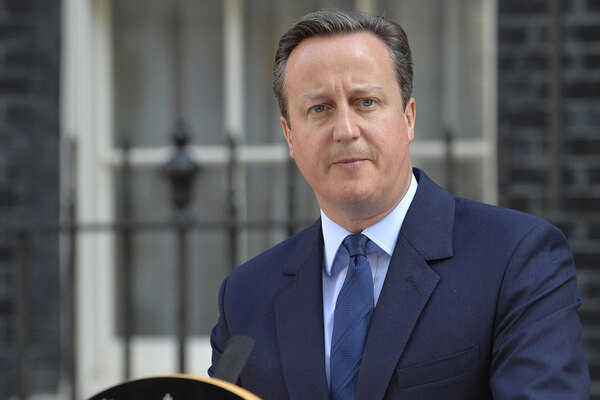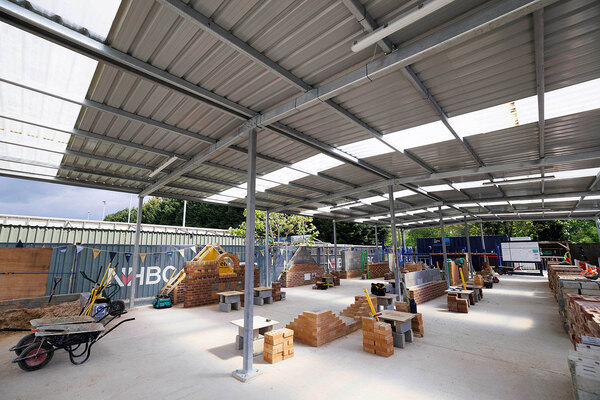You are viewing 1 of your 1 free articles

Jules Birch is an award-winning blogger who writes exclusive articles for Inside Housing
The Right to Buy extension encore
Conservative prime ministers simply cannot get over the thought of extending Right to Buy to housing association residents. Perhaps they should simply focus on the tasks at hand, writes Jules Birch
It is the idea that is superficially so attractive that Conservatives cannot help forgetting all the other times it proved to be hopelessly impractical.
In a story helpfully briefed to The Telegraph a few days before the local elections, Boris Johnson is planning to “bring back Right to Buy”.
The prime minister has reportedly ordered officials to draw up plans to give the Right to Buy to housing association tenants “in a major shake-up inspired by Margaret Thatcher”.
Coming just over a week after Michael Gove, the levelling-up secretary, appealed to “Thatcher-worshipping” Tories to want more homes for social rent, the timing does not look like a total coincidence.
The long history of this goes back to 1980, when housing associations were excluded from the original Right to Buy scheme on the grounds that most of them were independent charities rather than part of the state.
This ownership problem, plus the potential implications for debt reclassification, have frustrated attempts to extend the policy ever since, although a more limited Right to Acquire with much lower discounts was introduced for some tenants in 1997.
However, extending the Right to Buy remains a Tory itch that cannot be scratched. The policy reappeared in the party’s election manifesto in 2005 and again in 2015, when it proposed to finance discounts for tenants with the proceeds of sales of high-value council homes as they fell vacant.
Faced with a majority Conservative government and a manifesto commitment, National Housing Federation members agreed a controversial deal to introduce the Right to Buy on a voluntary basis – the government would pay for discounts and homes sold would be replaced. But it did not take long for the contradictions to become clear.
By 2018, the Social Housing Green Paper formally repudiated forced sales of council homes, and the Right to Buy extension was restricted to a pilot in the Midlands.
An evaluation published last year showed underwhelming results: there were just under 1,900 sales, with an average discount of £65,000, at a cost of £124m to the government.
However, replacement homes were a real challenge: they were smaller than those sold, and only around 35% were true one-for-one replacements at social rent.
The evaluation estimated that 224,000 housing association homes would be sold across the country over 10 years if no limits were placed on demand. Based on the same average discount, that would make the cost to the government a cool £14.6bn.
You might have thought that numbers like that ought to have been enough to keep the policy safely grazing in the long grass, although the 2019 manifesto did promise to “evaluate more pilot areas”. But now what Polly Neate, the chief executive of Shelter, calls a “hare-brained” idea is back.
The briefing to The Telegraph suggests it is still being worked up at Number 10 and is just part of a political focus on increasing homeownership.
Apart from the timing ahead of the local elections, it is also a signal to Tory backbenchers as speculation mounts about a leadership contest.
But there are two more strange aspects to it. First, “policy officials” are said to be developing a proposal “for the taxpayer money paid out in housing benefit to be used to help get recipients onto the housing ladder. The idea – in its early development – is for banks to take the regular flow of housing benefit money into account for poorer households, who may have limited income, seeking mortgages.”
That sounds like a desperate attempt to make the sums add up and, quite apart from the feasibility of banks giving mortgages to tenants on benefit, that would mean disentangling the housing element within Universal Credit.
Second, the prime minister is said to have ordered officials to develop the plans “after becoming convinced the idea would help ‘Generation Rent’”.
Really? How did he become convinced that a policy to give one group of tenants the Right to Buy would help a completely different group of tenants stuck in private renting and locked out of the housing market? This might just make private renters even more resentful.
If he really wants policies that will appeal to Generation Rent, maybe he should look again at planning reform, structural reform of the land and housebuilding markets and all the other policies that might make homes more affordable to buy that have been dropped.
Maybe he should get on with scrapping Section 21 and giving private renters greater security.
And maybe he should just let housing associations get on with the job of delivering more genuinely affordable homes to rent and buy.
Jules Birch, columnist, Inside Housing
Sign up for our daily newsletter
Already have an account? Click here to manage your newsletters












